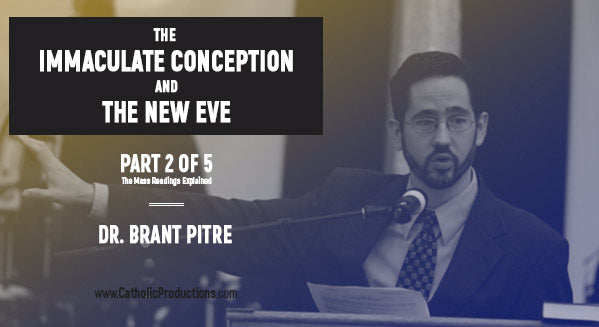Super quick delivery and a signed copy! Very pleased!
The videos are fantastic. Dr. Pitre is great explaining the context of each of the texts and how the Old Testament reading relates to the gospel reading. The explanations are packed with insights that really help me understand and reflect on the Mass readings throughout the day. Dr. Pitre has a real gift at providing a lot of depth in his explanations, yet doing so in a way that is accessible to the average person who may not have a lot of theological knowledge. Thank you, Dr. Pitre!
Jesus and Divine Christology (signed by Dr. Pitre)
This is my first year teaching OCIA at my parish, and I can’t thank you enough for this most helpful resource!
The Mass Readings Explained is a gem. What a wonderful resource to better understand Scripture and the Church.






